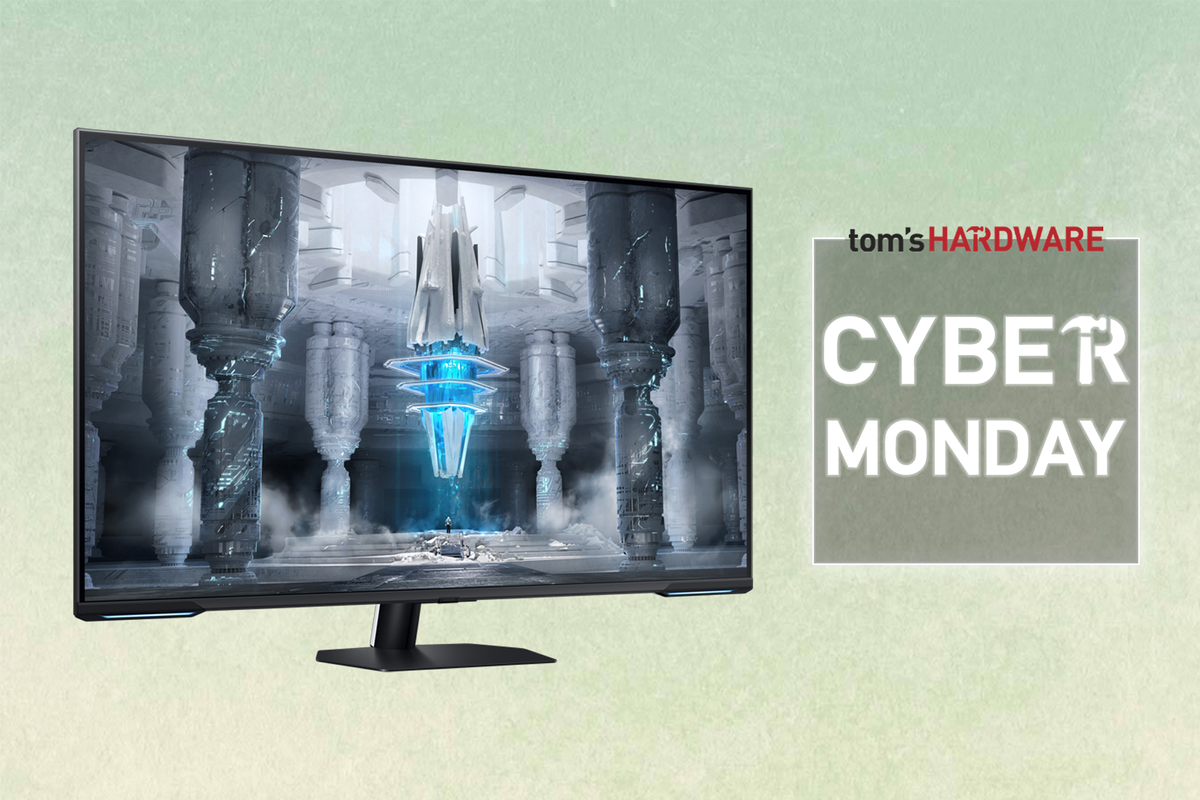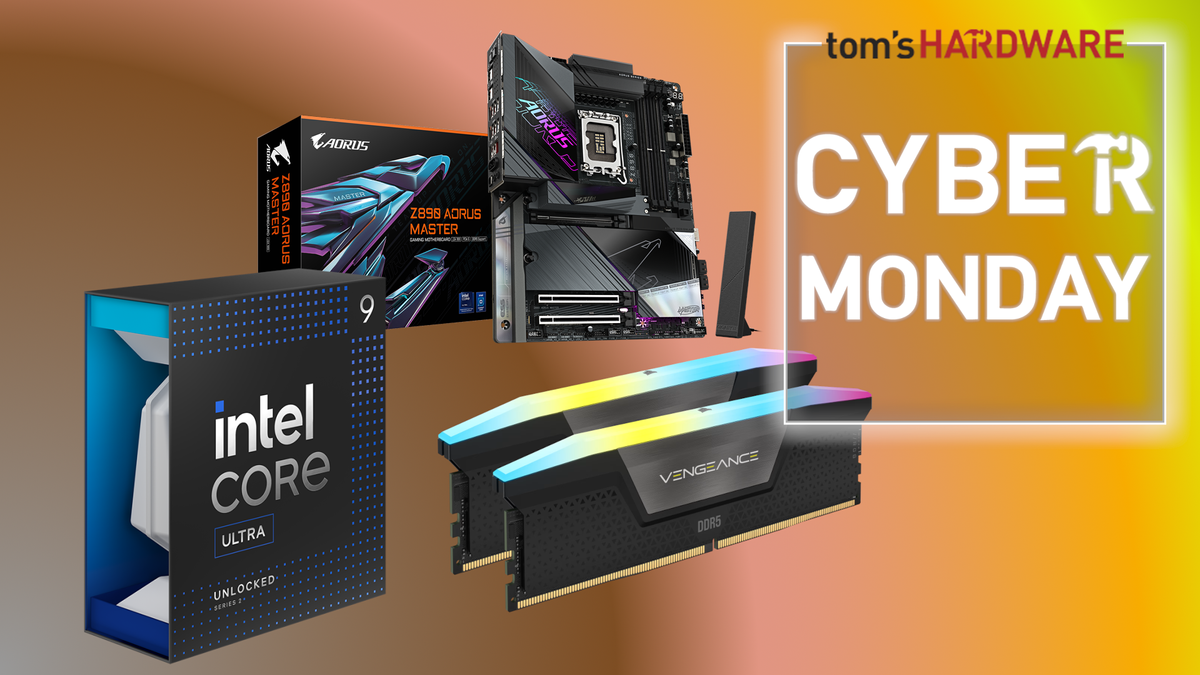ASML this week invested €1.3 billion ($1.5 billion) in Mistral AI, a French AI start-up, in its latest €1.7 billion funding round, reports Reuters. As a result, ASML became the largest shareholder of Mistal AI, which is primarily known for its sovereign AI initiatives and its close work with Nvidia.
The deal is expected to grant ASML a seat on Mistral's board, which provides strategic influence in one of Europe's fastest-growing AI start-ups, which could be heading toward a $14 billion valuation. Neither ASML nor Mistral AI have commented on the transaction, so there is no official information on the the world's leading maker of lithography tools decided to invest in an AI company.
Like other high-tech giants, ASML uses AI for a wide variety of processes, including computational lithography, machine learning in wafer metrology, tool calibration, optical proximity correction, yield learning, and many others. By working with Mistal AI closer, ASML may plan to develop models that are tailored for its tasks and then use them to speed up design cycles, boost tool performance, predict regular maintenance, or just ensure better yields for customers.
Although ASML is know for its lithography, metrology, and inspection equipment that is more competitive than rivals, software that the company develops for its tools are as important as hardware. As a result, working closer with Mistral AI could further enhance the software element of ASML's products.
Mistral AI was founded in 2023 by Arthur Mensch, Timothée Lacroix, and Guillaume Lample — veterans of DeepMind and Meta — and quickly became known as Europe-based rival for Google, Meta, and OpenAI.
However, Mistral AI is significantly different from large American companies. Rather than trying to match the largest models parameter-for-parameter, Mistral specializes in models that are smaller in size but optimized for real-world tasks like analytics, coding, or reasoning, which enables these models to be deployed quickly by customers. These models have consistently delivered good results (according to observers), which placed them on par with or above larger alternatives. The company is also known for its fast iteration cycle as it releases new models with better performance or usability fairly regularly, which demonstrates how rapid the Mistal AI is being developed. Finally, most of Mistal AI's models are released under permissive licenses that allow developers, start-ups, and researchers to build on top of them without restrictive terms, greatly enhancing their usability by various companies.
For now, Mistral AI cannot rival Meta, OpenAI, or xAI in terms of hardware capabilities, but the company plans to deploy a cluster featuring 18,000 Blackwell processors at a new facility near Paris, France, according to Nvidia. Given Mistal AI's business focus and business model, it may well develop quite competitive products on such a supercomputer. Putting such power at ASML's service will certainly be a positive thing for the company and its products.
Get Tom's Hardware's best news and in-depth reviews, straight to your inbox.
Follow Tom's Hardware on Google News, or add us as a preferred source, to get our up-to-date news, analysis, and reviews in your feeds. Make sure to click the Follow button!

 2 months ago
81
2 months ago
81







 English (US) ·
English (US) ·